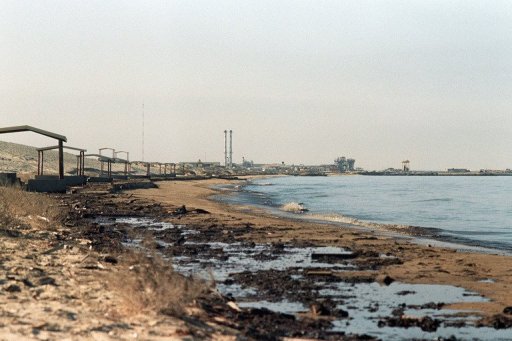Vladimir Putin blames the migrant crisis in Europe on the US for imposing its standards on the Middle East and Africa, while failing to understand their culture and traditions. Emma Burrows reports from Moscow.
Vladimir Putin today blamed the migrant crisis in Europe on the United States for imposing its own standards on countries in the Middle East and Africa while failing to understand their culture and traditions.
In the far eastern Russian city of Vladivostok, President Putin told the media that it was an “absolutely expected crisis.”
“We in Russia, and your humble servant, said several years ago that there would be massive problems if our so-called western partners carry out what I have always called an ‘incorrect’ foreign policy, especially in the regions of the Muslim world, in the Middle East and north Africa, which continues to this day.”
Europe ‘blindly following American instructions’
Mr Putin said that he was “surprised” to see the media in the United States criticize Europe’s “cruel” treatment of migrants when the country is not affected by the crisis. He continued to say that Europe is “blindly following American instructions,” and suffering badly, according to reports in Russian state media.
His comments come a day after the Russian Foreign Ministry’s spokesperson, Maria Zakharova, said Europe could learn from Russia how to deal with the refugees. She said Russia had taken in hundreds of thousands of refugees from Ukraine, saying “these people were provided with shelter, food and benefits.”
Svetlana Gannushkina, a human rights activist and founder of the Citizen’s Assistance Committee in Moscow,vehemently disagrees. “To say Russia has taken such a huge number of Ukrainian refugees is simply a bare faced lie. Only a few hundred people from Ukraine have refugee status in Russia,” she said.
In Europe ‘refugees are humiliated’
Maria Zakharova told Deutsche Welle that she could not comment on Ms Gannushkina’s comments, but pointed to a statement on the Ministry of Foreign Affairs website which said 5,996 Ukrainians had asked for refugee status, rather than temporary asylum, in Russia.
“We are not saying we do not have problems,” she said. “We do because nobody could predict that one million refugees would come to Russia from Ukraine. But you won’t find the same situation here as in Europe where refugees are humiliated.”
Official statistics from Russia’s Federal Migration Service suggest that at the end of 2014 there were 790 people in Russia who had refugee status. They include 419 people from Afghanistan, 229 from Ukraine and two from Syria.
According to Ms Gannushkina, there are around 500,000 people in Russia who should be considered refugees, around 10,000 of whom she said were from Syria.
Of the migrants arriving in Russia, Ms Gannushkina said, most arrive legally with a visa and then claim asylum.
Recent reports now suggest that some Syrians are using Russia as a transit point into Europe. The Wall Street Journal writes that migrants from Syria are flying to Russia, traveling north and trying to cross the border near Murmansk into Norway. Norway is not a member of the European Union, but is a part of the visa-free zone.
The problem with migrants who remain in Russia and who try to claim refugee status, Ms Gannushkina said, is that they are sometimes barred from accessing official channels of help because they are not issued with the correct papers which document their status.
“They have nothing to eat,” she said, “and no one is dealing with this. There are cases when someone comes to us and they’ve just walked around Moscow for two weeks, they don’t know where to go, the police don’t speak their language and terrible things happen. Nobody helps them.”
President Putin suggested that Europe’s failure to tackle the migrant crisis was a result of US policy “imposing its standards without taking into consideration historic, religious, national and cultural specifics of these regions.”
Agreeing with the president’s comments, Ms Gannushkina said Vladimir Putin’s criticism could also be levelled at Russia regarding Soviet and Russian foreign policy in countries such as Afghanistan and the former Soviet republics in Central Asia.
By making it “almost impossible” for migrants to claim refugee status, she also accused the Russian authorities of “not fulfilling their responsibilities.” Many years ago, she said, “I asked a question to one of the leaders in the country: ‘why did we join the Convention [on the status of refugees]?’ ” “He said: ‘we want to look civilized.'”
“Joining the convention,” Ms Gannushkina said, “is not just about being respectable it’s about being responsible.”
EU foreign ministers are slated to discuss the crisis and the wave of refugees, many from Syria, who are arriving in Europe.
Russia continues backing Syrian President Bashar al-Assad and today President Putin said that Syrians “are not escaping the Bashar Assad regime. They are running from Islamic State which has seized territories [in Syria and Iraq].”




